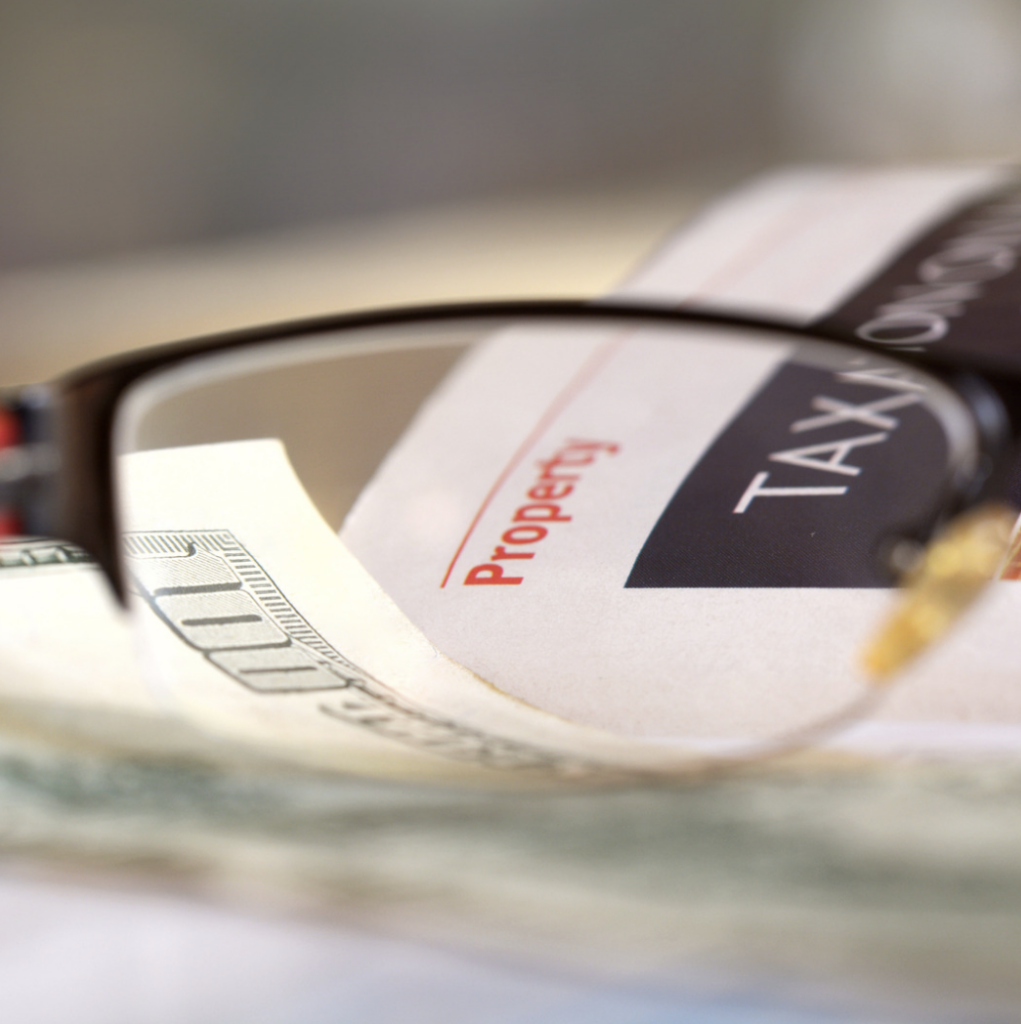Soundproofing Windows Are a Real Thing. Here’s How They Work.
Is outside noise driving you crazy? Soundproof windows could be the solution — or you might do better with some less-costly alternatives.
Sound pollution has joined light pollution as another irritant that drives us bonkers and kills our love of home.
“Things are getting louder, and people are getting more sensitive,” says Rich Galietti, sales manager of CitiQuiet, which has been manufacturing soundproofing window inserts for 25 years (Home Depot recently began selling them).
Galietti says soundproof windows are most popular in urban areas beset by idling buses, highway traffic, and police sirens. “We hear, ‘I love my view, but the highway below is so loud,'” Galietti says. “That’s when we’re called in.”
Here are your questions about soundproofinfg windows answered:
Are They Really Soundproof?
No residential window blocks all sound, all the time. “Soundproof” is shorthand for noise reduction windows that block up to 90% to 95% of noise coming through windows.
Sounds with low frequencies, like garbage trucks grinding trash, are harder to block than sounds with higher frequencies, like birds chirping. So when you shop for sound-reducing windows consider “what frequencies you want to soundproof against,” says John Storyk, an acoustical consultant and a founder of the Walters-Storyk Design Group based in Highland, N.Y.
The acoustics industry makes soundproof window shopping easier by rating the sound-stopping quality of windows on a sound transmission class (STC) scale; the higher the number, the more a window inhibits sound.
Your basic, single-pane window has an average STC rating of 27; a dual pane window has an average STC rating of 28. Soundproof windows, however, have STC ratings of at least 45, and some climb to the mid-50s, which block as much as 95% of noise.
How Do Soundproofing Windows Work?
To reduce sound, you must create a barrier between the sound and ear that captures the sound. Homes do that with walls, roofs, and windows that block sound waves from entering.
To increase a window’s ability to block sound and increase its STC rating, the window manufacturer must:
- Add mass (make the glass thicker)
- Add air space (increase the distance between window panes)
- Use laminated glass, a glass-plastic-glass sandwich that further reduces noise transmission
CitiQuiet windows are inserts installed behind your existing window, which adds up to 4 inches of dead, sound-reducing air between the principal window and the new interior window. The company’s ½-inch laminated insert has a STC rating of 38 and promises up to a 95% noise reduction depending on the size of the window opening, apartment location, and type of noise.
Zeluck Inc. manufacturers high-end, dual-pane windows that are 1-¼-inch-thick and reach an STC rating of 42.
How Much Do Soundproofing Windows Cost?
The sound of silence does not come cheap.
A CitiQuiet insert for a 3-foot-by-5-foot window can cost upwards of $1,000, including installation, and pricing varies depending on features.
Custom built soundproofing windows can cost closer to $10,000 per window — and that’s without installation.
Rui Ponte, a Bethesda, Md., architect who designs high-end restorations and new construction, once specified $250,000 worth of triple-pane, laminated-glass windows for a 6,000-square-foot custom home in an airport flight path.
You can spend even more if you want to block out ear-splitting but occasional noises such as thunder or ambulance sirens.
“Is it worth the extra $25,000 to get another 5% performance?” Storyk asks clients — who usually reply, “I’ll accept the siren or thunder.”
Are Soundproof Windows Also Energy Efficient?
You’d think so, but you’d be wrong.
“There are different kinds of physics going on,” says Scott Warner of Architectural Testing, based in York, Pa.
Energy-efficient windows primarily depend upon low-E coatings and gas between thermal panes to reduce heat transfer and increase energy efficiency.
Sound-blocking windows, on the other hand, primarily use thicker and laminated glass, and large air gaps between panes to deaden sound.
You can easily make a soundproof window energy-efficient by adding low-E coatings. But you can’t easily make an energy-efficient window soundproof without changing its glass and construction.
“It’s a balancing act between the performance attributes you deem important for your project,” says Warner.
How to Find Out if You Really Need Soundproof Windows
Maybe not. Perhaps the sound you hate is coming down your chimney or through attic vents. Or maybe leaks around your windows are letting in noise along with cold air.
Storyk says everyone who hates noise should consult an acoustical consultant before they throw money at the problem. For about $1,000, consultants will measure the kind and level of the noise you want to keep out, and suggest the best way to block the sound.
“All you might need is a $2 tube of caulk around your windows,” he says. “If you’re going to spend $15,000 on windows, why not get some consulting for $1,000?”
Other Sound Solutions
Your windows aren’t the only portals for noise to seep into your home. Sound travels through:
- Gaps in window frames and leaks in window seals. Patch holes around your windows and you’ll notice the quiet right away.
- Siding. Thick stone and brick block more sound than vinyl and wood.
- Insulation in interior and exterior walls. More insulation equals less sound.
- Chimneys, soffits, attic, and dryer vents. All are holes with nothing much to prevent sound from entering your house.
Here are more ways you can turn down the volume inside your home.
- Inside quiet is the enemy of noise, which will seem a lot louder in a silent home. To mask outside noise, run white noise machines like air conditioners, ceiling fans, and dehumidifiers. If outside noise bothers your slumber, buy one of those sleep machines that play the sound of waves crashing and rain falling.
- Fabric absorbs noise coming into a room. To deaden sound, hang curtains, lay rugs, and buy fabric-covered furniture. Potted plants also absorb sound.
- To reduce sound coming through walls and floors, caulk around light fixtures, receptacle boxes, and door casings.
HOUSELOGIC
HouseLogic helps consumers make smart, confident decisions about all aspects of home ownership. Made possible by REALTORS®, the site helps owners get the most value and enjoyment from their existing home and helps buyers and sellers make the best deal possible.
LISA KAPLAN GORDON Lisa Kaplan Gordonis an award-winning, Pulitzer Prize-nominated writer who contributes to real estate and home improvement sites. In her spare time (yeah, right!), she gardens, manages three dogs, and plots to get her 21-year-old out of her basement.
The post Soundproofing Windows Are a Real Thing. Here’s How They Work. first appeared on Andi Dyer.
Sterling Real Estate News













